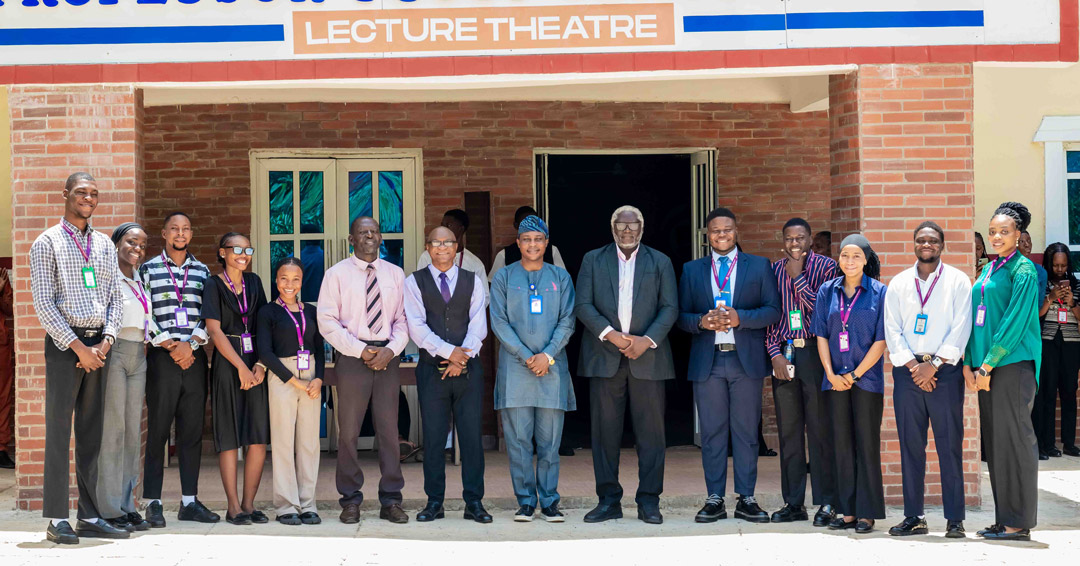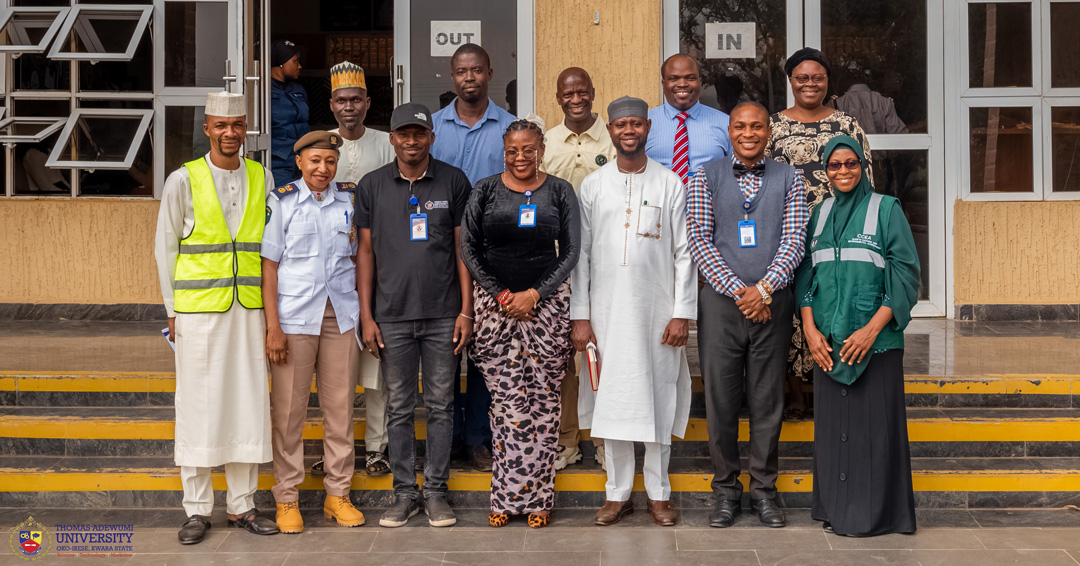In a defining moment for Thomas Adewumi University, the Department of Criminology and Security Studies hosted its first-ever departmental symposium on Friday, May 9, 2025, themed “Security is Paramount.” Held at the Yusuf Olaolu Ali Lecture Theatre, the event convened students, scholars, and security thought-leaders for a timely conversation on pressing socio-criminal issues and strategic interventions aimed at ensuring national stability in Nigeria and the global community.
In his opening remarks, the President of the Criminology and Security Studies Students’ Association (CSSSA), Comrade Fonahanmi I. Opeyemi, described the symposium as a bold declaration of student readiness to lead change in the security landscape “This is not just another academic event,” he said. “It is a clarion call for young criminologists and analysts to rise to the demands of a world defined by complexity and conflict. We are not bystanders; we are stakeholders stakeholders ready to lead conversations and drive solutions.”
Delivering the keynote address, a respected sociologist from the University of Ilorin, Professor Olufemi Adeniyi Fawole, spoke extensively on “Youth Empowerment and Crime Prevention: Social Dynamics Involved.” He emphasized that empowering young people is central to tackling rising youth crime, which he noted has escalated significantly in the past decade.
Referencing recent trends, he pointed to a concerning rise in cybercrime cases increasing from 3,000 in 2015 to over 25,000 in the last decade, and a tenfold increase in kidnappings, Prof. Fawole emphasized that empowerment through education, skills acquisition, and community engagement is a key strategy for prevention. “Youth participation in program design improves ownership and results,” he noted, adding that initiatives like mental health support, public/private partnerships, and scaling existing programs like N-Power can help reduce criminal tendencies.
Adding a broader socio-economic perspective, a specialist in Industrial Criminology and the Sociology of Artificial Intelligence, Dr. Dele Rasak, addressed the topic “Economic Inequality and Crime: Breaking the Cycle Through Social Intervention.” He examined the link between inequality and crime, outlining how poor access to education, healthcare, and jobs directly influences crime rates.
“Crime doesn’t happen in isolation, it often stems from structural disadvantage,” he said. Dr. Rasak recommended targeted policies including cash transfer programs, skill acquisition, social justice reforms, and youth rehabilitation initiatives, stressing that economic equity is key to breaking cycles of crime.
As Thomas Adewumi University continues to distinguish itself as a hub for academic excellence and societal transformation, the success of this symposium signals a clear trajectory toward thought leadership in criminology and security studies that is rooted in both research and relevance.


